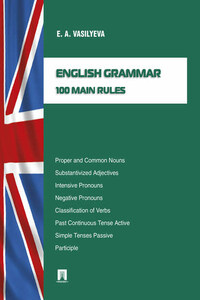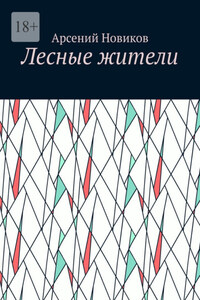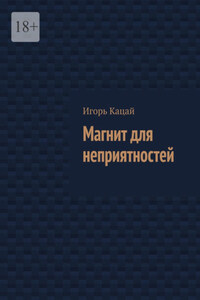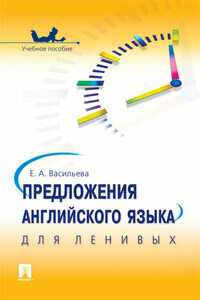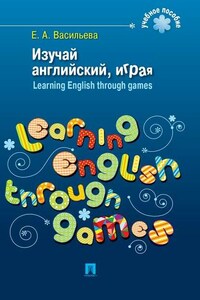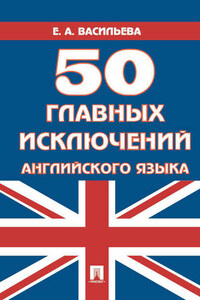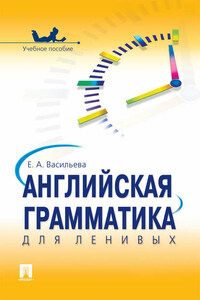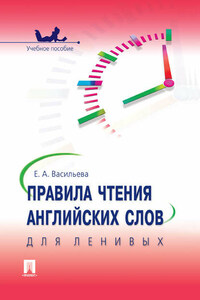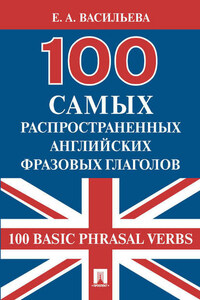ebooks@prospekt.org
RULE 1. Proper and Common Nouns
RULE 2. Countable and Uncountable Nouns
RULE 3. Plural Form Nouns
![]()
RULE 4. Irregular Plural Form of Nouns
RULE 5. Gender of Nouns
RULE 6. Common and Possessive Cases of Nouns
RULE 7. Syntactic Functions of Nouns
RULE 8. Adjectives
RULE 9. Adjective Degrees of Comparison
Positive Degree of Adjectives
1. Description
abusystreet, acleverdog, adullday, anexpensivering, agoodattitude, a jealous man, animportantsignal, aweakaccent,youngpeople
Note
Qualitative adjectives can be modified by adverbs of degree.
adreadfullydull day,extremelyhot weather, afairlylarge message, ahugelyimportant signal, animmenselyfamous picture,incrediblyuseful advice, anintenselybusy street, alittle/a bitexpensive ring, arathergood attitude, areasonablyweak accent,quitean interesting list, aslightlysomber event, atoojealous husband, anunusuallyclever dog,veryyoung people
2. Comparison
1) Equality
as + adjective + as
The white kitten isas cute asthe grey one.
Playing games isas important asstudying.
2) Inferiority
not so+adjective (+ as)
His idea isnot so stupid.
The view didnotturn to beso splendid aswe had expected.
half as + adjective (+ as)
Jimmy ishalf as tall asJonny.
Our house ishalf as big asthe neighbours'.
3) Superiority
twice (three times) as + adjective (+ as)
The way wastwice as long asyesterday.
Olivia's typing speed isthree times as fastas Andrew's.
Comparative Degree of Adjectives
The comparative degree demonstrates the difference between two objects.
1) Superiority
– Most one- and two-syllable adjectives form the comparative degree by adding – er ending.
adjective + – er
clever – cleverer,dull – duller,large – larger,weak – weaker,young – younger
Apple juice issweeterthan orange juice.
These tickets arecheaperthan those ones.
Note
– Adjectives ending in – y change the – y into – i and add – er.
busy – busier,pretty – prettier,lazy – lazier, funny – funnier, juicy – juicier
Cf.: shy – shyer,sly – slyer,grey – greyer
– One-syllable adjectives with a short vowel followed by a consonant double this consonant and add – er.
big – bigger,hot – hotter,fat – fatter,thin – thinner
– Several two-syllable adjectives and all three- (and more) syllable adjectives form the comparative degree with more.
more + adjective
moreexpensive,morefamous,moreimportant,moreinteresting,moreprofitable,moresomber,moreuseful
The new hairdo makes Andrewmore handsome.
Time ismore valuablethan money.
2) Inferiority
less + adjective
lessbusy,lessclever,lesshot,lessexpensive,lessfamous,lessimportant,lessinteresting
This way isless easythan the way Andrew offers.
I preferless dangerousdriving.
Note
Use certain adverbs to enhance the meaning of comparative adjectives.
far/much/a lot
slightly/a little/a bit
Olivia isfar prettierthan her sister.
This will sounda bit morepolite.
Note
It is possible to use the double comparison of adjectives combined with change-of-state verbs.
adjective-er + and + adjective-er
more adjective + and + more adjective
The days are gettingshorter and shorter.
The word is becomingmore and more ridiculous.
Note
Use the following combination to emphasize the inevitable consequence in degree change of comparative adjectives.
The adjective-er, the adjective-er
The more adjective, the more adjective
The sweeterproducts are,the unhealthierthey are.
The more luxuriousgoods are,the more expensivethey are.
Superlative Degree of Adjectives
The superlative degree demonstrates differences among three or more objects.
1) Superiority
– Most one- and two-syllable adjectives form the comparative degree by adding – est ending.
the adjective + – est
clever – the cleverest,dull – the dullest,large – the largest,weak – the weakest,young – the youngest
– Several two-syllable adjectives and all three- (and more) syllable adjectives form the comparative degree with most.
the most + adjective
the mostexpensive,the mostfamous,the mostimportant,the mostinteresting,the mostprofitable,the mostsomber,the mostuseful
2) Inferiority
the least + adjective
the leastbusy,the leastclever,the leasthot,the leastexpensive,the leastfamous,the leastimportant,the leastinteresting
The least strongcheese will do for this sort of wine.
What arethe least prestigiousjobs?
RULE 10. Substantivized Adjectives
Substantivized Adjectives
the + adjective
1) substantivized adjectives denote a whole class of persons characterized by a specific feature. In most cases such adjectives agree with a plural verb.
the elderly, the handicapped, the lonely, the needy
Olivia's aunt works in school forthe blind.
The richalso cry.
2) substantivized adjectives may as well refer to the whole nation.
the Japanese, the English, the Dutch
TheancientChinesefirst invented paper.
The Welshtry to preserve their language and culture.
3) A number of substantivized adjectives even take the plural ending – s, which let them pass into the category of nouns.
the marines, the moderns, the nobles, the regulars, the Russians
The Conservativesare leading in the polls.
If you want to see the true measure of a man, watch how he treats hisinferiors,not hisequals.
4) substantivized adjectives indicate abstract notions. such adjectives agree with a singular verb.
